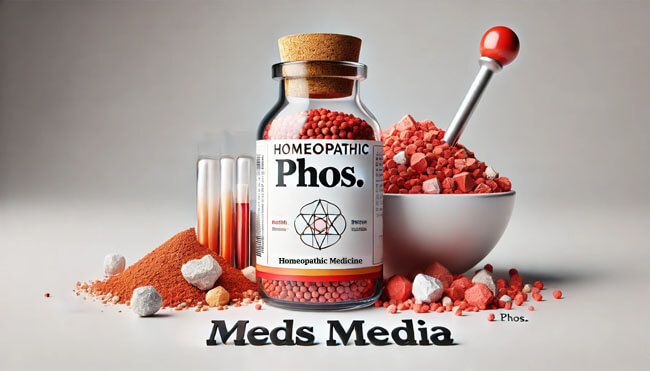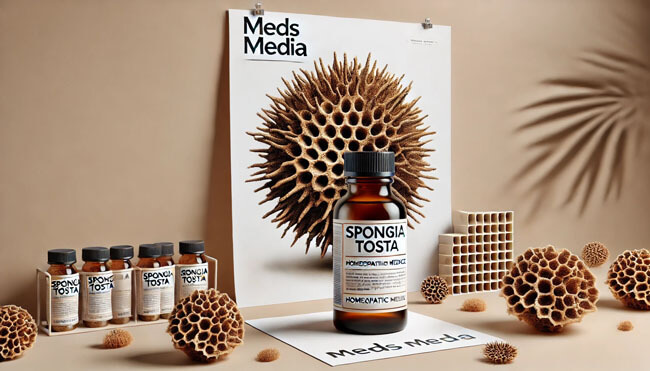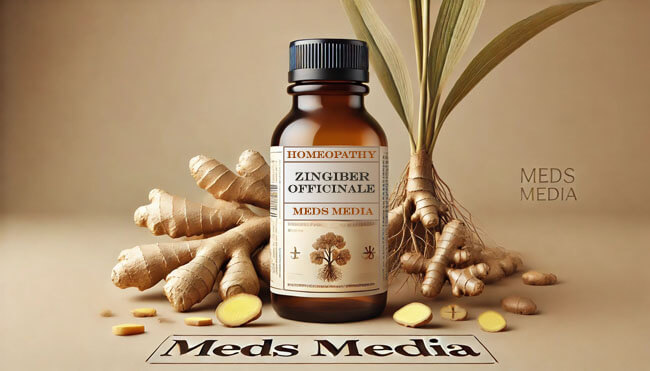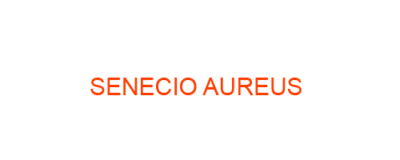
Senega is a homeopathic medicine derived from the dried root of the Polygala senega plant. It is commonly known as Seneca snakeroot and is native to North America. Senega is primarily used to treat respiratory conditions, especially those that involve thick, tenacious mucus and a sensation of constriction in the chest.
Properties and Preparation:
Source: The dried root of the Polygala senega plant.
Preparation: The root is harvested and dried, then potentized according to homeopathic principles to create the Senega homeopathic medicine.
Symptoms treatment and materia medica:
Cough with Thick Mucus: Senega is known for treating coughs with thick, sticky mucus that is difficult to expectorate. The person may feel the need to constantly clear their throat.
Chest Congestion: Senega is useful when there is a sensation of tightness or constriction in the chest due to congestion.
Breathing Difficulties: Senega is indicated when a person experiences difficulty in breathing, with a feeling of suffocation or oppression.
Hoarseness: Senega is beneficial for individuals who have a hoarse, rough voice, often accompanied by a dry cough.
Sore Throat: Senega can be used when the throat feels raw, dry, and painful, with a sensation of a lump or a fishbone stuck.
Headache: Senega may help relieve headaches that are associated with respiratory congestion and may be aggravated by movement.
Back Pain: Senega can be beneficial for individuals experiencing back pain, especially if it is accompanied by respiratory symptoms.
Weakness and Fatigue: Senega is indicated when there is a feeling of weakness and fatigue, particularly in the chest and limbs.
Urinary Problems: Senega may be used for individuals experiencing urinary difficulties, such as frequent urging to urinate and a sensation of incomplete emptying.
Nausea: Senega can help relieve nausea, especially when it is associated with respiratory symptoms.
Excessive Salivation: Senega may be used when there is excessive salivation or drooling, particularly during sleep.
Irritability: Senega can help reduce irritability and restlessness that may be present during respiratory illnesses.
Watery Eyes: Senega may be beneficial when there is a watery discharge from the eyes, often accompanied by respiratory symptoms.
Cold Sensitivity: Senega is indicated when there is an increased sensitivity to cold air, with a tendency to catch cold easily.
Tendency to Perspire: Senega may be used for individuals who have a tendency to perspire excessively, especially during sleep.
Frequently Asked Questions (FAQ):
Q: Is Senega safe to use?
A: Senega is considered safe when used as directed, but it’s always advisable to consult with a qualified homeopathic practitioner for personalized guidance.
Q: Can Senega be used for children?
A: Yes, Senega can be used for children, but it’s important to consult a homeopathic practitioner to determine the appropriate dosage.
Q: How should Senega be taken?
A: The dosage and frequency of Senega depend on the individual and the specific symptoms. It is typically available in the form of pellets or liquid dilutions. Follow the instructions provided on the product packaging or consult a homeopathic practitioner for guidance.
Q: Can Senega be used during pregnancy and breastfeeding?
A: It is generally recommended to consult with a homeopathic practitioner before using Senega during pregnancy and breastfeeding to ensure its safe use.
Q: How long does it take for Senega to show results?
A: The response to Senega can vary depending on the individual and the severity of the symptoms. Some individuals may experience relief soon after starting the medication, while others may require a longer duration. It is best to consult with a homeopathic practitioner for an accurate assessment.
Q: Are there any side effects of Senega?
A: Senega is generally well-tolerated when used in the recommended dosage. However, in rare cases, some individuals may experience aggravation of symptoms or hypersensitivity reactions. Discontinue use and consult a healthcare professional if any unusual or severe symptoms occur.
Q: Can Senega be used alongside conventional medications?
A: Homeopathic medicines like Senega are generally safe to use alongside conventional medications. However, it is advisable to inform your healthcare provider about all the medications you are taking to ensure there are no potential interactions.
Books References:
“Materia Medica of Homeopathic Medicines” by S.R. Phatak
“A Dictionary of Practical Materia Medica” by John Henry Clarke
“Boericke’s New Manual of Homeopathic Materia Medica with Repertory” by William Boericke
“Kent’s Repertory of the Homeopathic Materia Medica” by James Tyler Kent
“Synoptic Key of the Materia Medica” by C.M. Boger
These books provide detailed information on various homeopathic medicines, including Senega, their properties, and clinical applications. They serve as valuable resources for homeopathic practitioners and enthusiasts seeking in-depth knowledge about homeopathic materia medica.
Please note that the information provided here is for informational purposes only and should not replace professional medical advice. It is always recommended to consult qualified homeopathic doctors for proper diagnosis, guidance, and individualized effective homeopathy treatment.
Why Meds Media guides are different
We focus on clear, practical explanations of homeopathic and natural health topics so you can understand remedies, symptoms, and lifestyle changes in simple language.
Meds Media is an educational resource only. Always consult a qualified doctor or homeopathic practitioner before starting, stopping, or changing any treatment.
Similar Posts You may also like
Zincum Picricum Homeopathic Medicine & Personality | Uses, Benefits & Indications
Zincum Phosphoricum Homeopathic Medicine & Personality | Uses, Benefits & Indications
Zincum Iodatum Homeopathic Medicine & Personality | Uses, Benefits & Indications
Zincum Bromatum Homeopathic Medicine & Personality | Uses, Benefits & Indications
Zea Homeopathic Medicine & Personality | Uses, Benefits & Indications
Zincum Aceticum Homeopathic Medicine & Personality | Uses, Benefits & Indications
Zincum Cyanatum Homeopathic Medicine & Personality | Uses, Benefits & Indications
Zincum Muriaticum Homeopathic Medicine & Personality | Uses, Benefits & Indications
Zincum Oxydatum Homeopathic Medicine & Personality | Uses, Benefits & Indications
Zincum Sulphuricum Homeopathic Medicine & Personality | Uses, Benefits & Indications

Phosphorus Homeopathic Medicine & Personality | Uses, Benefits & Indications
Causticum Homeopathic Medicine & Personality | Uses, Benefits & Indications

Top Global Homeopathic Medicine Manufacturers

Top renowned Homeopathic research institutes worldwide

Veratrum Viride Homeopathic Medicine & Personality | Uses, Benefits & Indications

Spongia Tosta Homeopathic Medicine & Personality | Uses, Benefits & Indications

Zingiber Officinale Homeopathic Medicine & Personality | Uses, Benefits & Indications


